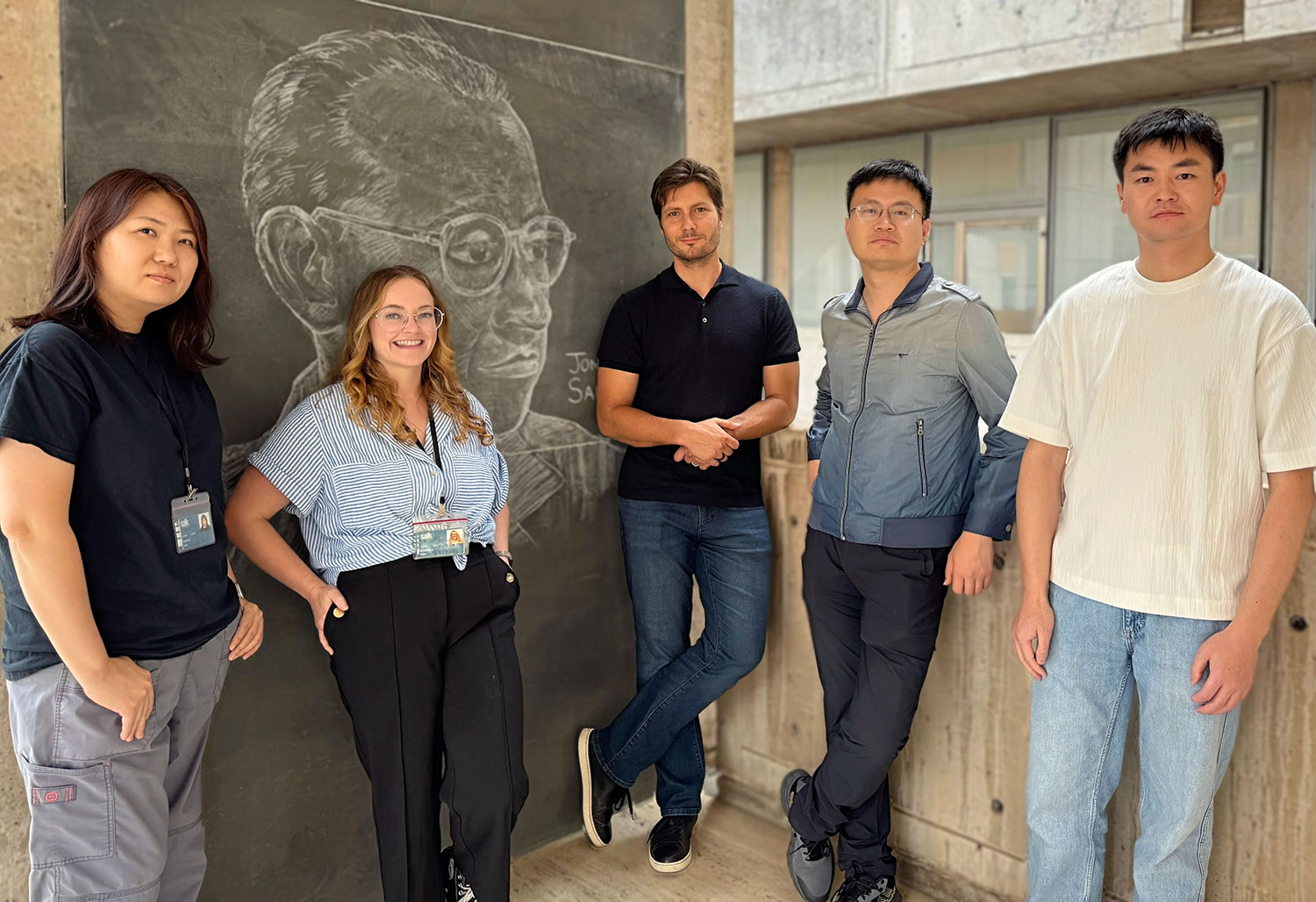Science Can’t Wait: Dmitry Lyumkis’ Story
Dmitry Lyumkis
Life-changing discoveries rely on scientists like Dmitry Lyumkis, PhD. At the Salk Institute, his team asks fundamental questions, like “How do viruses interact with the immune system?” By visualizing the molecular interactions between the virus and the host, Dmitry’s lab has revealed how HIV evolves to resist treatment and how new drugs can be designed to stop it. Now, his team is applying these same advanced methods to understand the molecular machinery that drives cancer—research that could one day unlock a new generation of targeted therapies.
However, like many scientists across the nation, Dmitry’s research has been affected by recent federal funding delays and cancellations. “My graduate student’s fellowship received a first-percentile score on merit—one of the very best—but the entire program was canceled,” he says. “Another grant was denied solely because of budget cuts at the National Science Foundation. These setbacks stall the science we’re eager to pursue.”
Despite the uncertainty, Dmitry’s lab continues to push forward, thanks in part to private philanthropy. Support from donors has enabled his team to sustain staff and continue groundbreaking work on new structural biology approaches. “Even small philanthropic gifts make a tremendous difference,” he says. “They allow us to keep critical projects going and avoid losing talented scientists. Science is a team effort—we can’t make discoveries alone.”

From left: Hye Jeong Shin, Gennavieve Gray, Dmitry Lyumkis, Tao Jing, and Zelin Shan.
